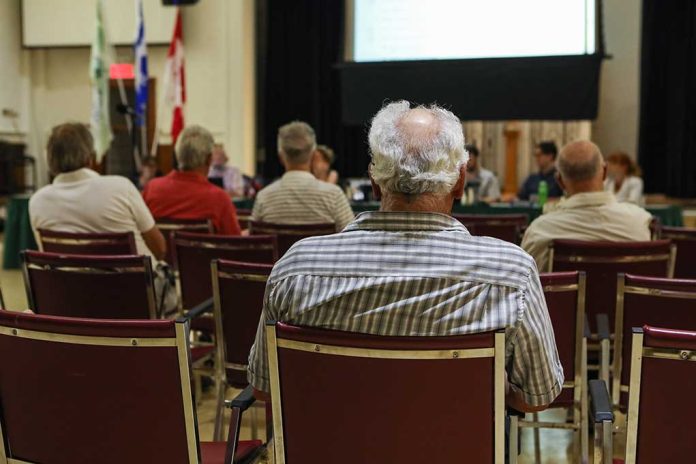
(NationRise.com) – Americans have largely lost touch with their government. Only one-third of Americans can even name their federal representatives, much less their local officials. This seems counter-intuitive since local governments can more easily impact our daily lives directly.
The lack of attention allows local officials to sneak legislation with very little attention or accountability. However, it also means opportunities for activists who want to promote causes in their community. That’s why we’ve written this handy guide to becoming more involved in local politics.
- Stay informed – From the Source
Most county, city, and state governments post bills and proposals online for public review. However, most people either don’t know it or never find enough time to dig around for it.
You have to know what’s going on if you want to get involved effectively. This is a foundational step. Find out where your local officials post proposals online and check back frequently. You should also follow local representatives and governments on social media. Also, subscribe to newsletters if they’re offered.
It’s also imperative to attend town hall meetings. This really is the best way to see the dialogue between local officials and the community.
2. Stay in Touch with Representatives
Very few people stay in touch with their representatives, and even fewer contact their local officials. You can easily gain name recognition by calling, emailing, and writing to the offices of your local representatives regularly. That name recognition will help you in some of the other steps listed next.
3. Start a Blog
It’s not as hard as you think, and it could be the most crucial step. As we said earlier, most people don’t know where to find proposals and actions taken by local governments. Plus, the information can be scattered across websites, social media, and public announcements.
Your blog can be a repository of information for locals. You can offer all relevant information in one place and offer greater insights. For example, local officials are known for using deceptive wording and messaging to hide the true intention of a proposal. You can decipher the true intent and warn residents when necessary.
Here are a few tips when creating a local political blog:
- If you know absolutely nothing about building websites, use wordpress.com to get started. It’ll do the heavy lifting with templates so that you can jump into writing and posting pictures. Strongly consider a paid plan so that you can have a fully dedicated domain name.
- Look at how local news websites write content, then improve. Most local news sites avoid best practices like short paragraphs, bullet points, and multi-tiered headings. These elements make content easier to read and can help your blog appear in search engines when used correctly.
- Join local political and activist groups on social media and share links to your blog in them.
Having a blog really does lead to limitless opportunities in an increasingly digital world, and it becomes much easier with practice.
Bonus: you can actually make money from your blog! Just integrate it with Google Adsense. You’ll earn a commission from clicks. This extra money could help you in step 6.
4. Join Local Commissions and Boards
This is a great way to get directly involved with the decision-making process without the pain and expense of running a campaign. They’re easy to find: just Google “local governments and boards in my area.” Start attending meetings, get to know the people, then sign up to speak.
5. Become a Campaign Volunteer
You can quickly expand your network and get to know officials personally by volunteering with their campaigns. You’ll naturally meet others who are actively involved in their community. Work with them to influence better decision-making locally.
Also, look for every possible (and reasonable) opportunity to meet the candidate. You can benefit from candidates and their networks if you play your cards right.
6. Run for Local Office
Following the preceding steps will help you build name recognition and get to know some of the players in local politics. That’s one of the most challenging aspects of campaigning for office! You can save money through grassroots efforts if you already have an audience.
Copyright 2023, NationRise.com















